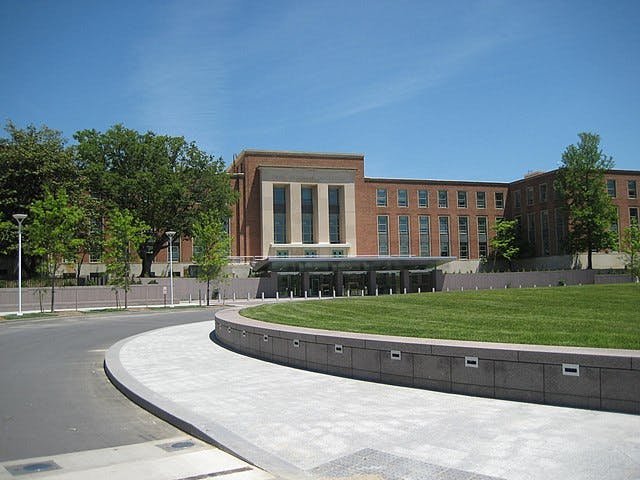
The United Nations — Lake Failure
By THE NEW YORK SUN
|If the FDA approves a bad drug, the adverse outcomes make headlines. If the FDA delays a good drug, the cost is less obvious because most of those affected are not aware their illness could have been treated more effectively.

Already have a subscription? Sign in to continue reading

By THE NEW YORK SUN
|
By CONRAD BLACK
|
By JOTAM CONFINO
|$0.01/day for 60 days
Cancel anytime
By continuing you agree to our Privacy Policy and Terms of Service.

By SHARON KEHNEMUI
|